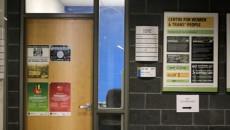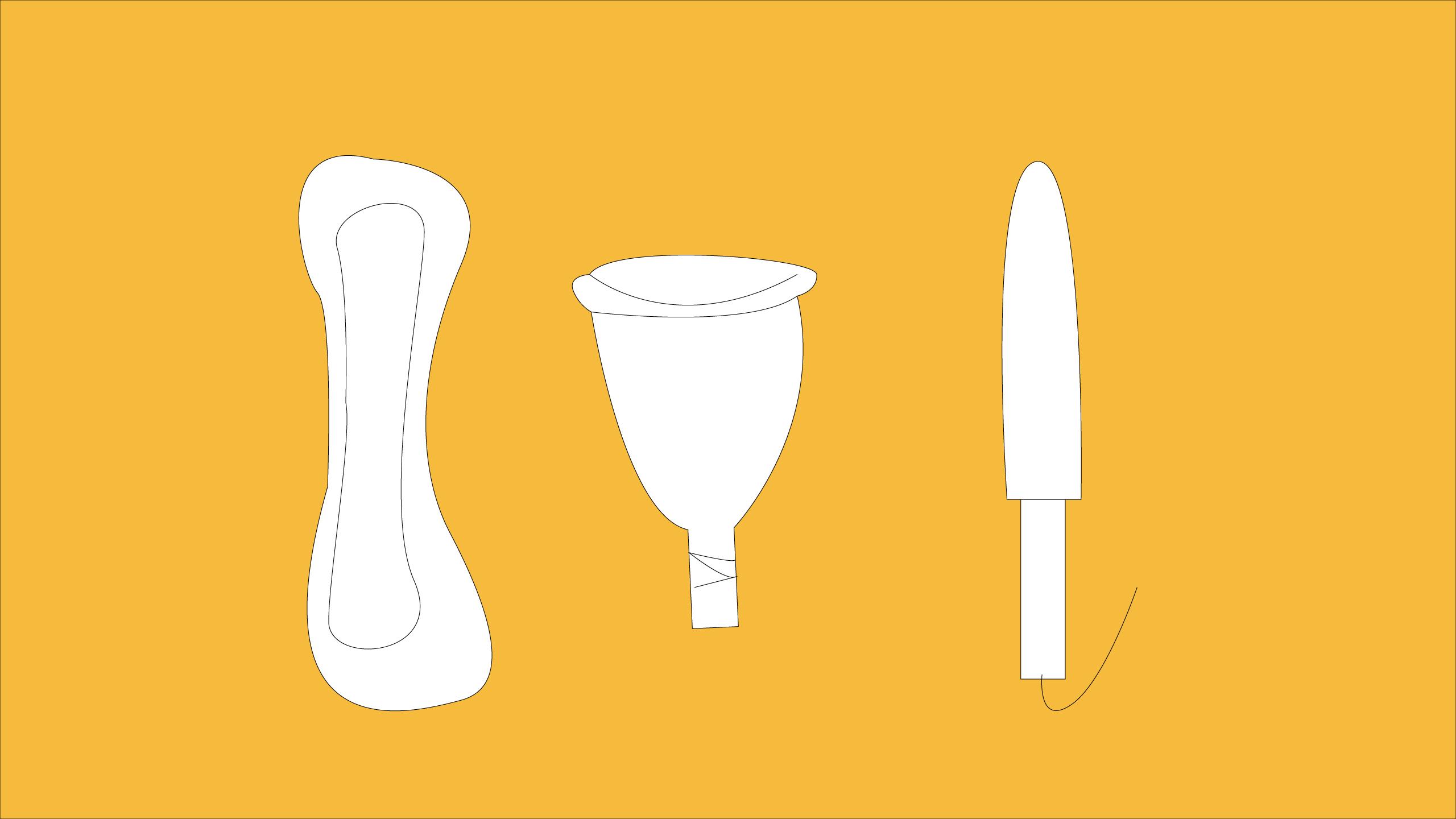By Valerie Dittrich
Paying for an education is hard enough on students, and the added cost of buying menstrual products each month puts a burden on those who need it. At Ryerson, the Centre for Women and Trans People is working to change that.
As a result of the university-wide referendum from the Ryerson Students’ Union equity service centres, each centre will receive extra funding after the first round of fall tuition is received. The Centre for Women and Trans People wants to put part of that funding towards better access to menstrual products on campus.
Casandra Fullwood, a coordinator at the Racialised Students’ Collective as well as a volunteer for the Centre for Women and Trans People, says the centre wants to get more access to accurate pregnancy tests and more variety of sanitary products, such as menstrual cups and more educational programming that discuss topics like consent.
“Tampons and pads and other sanitary products aren’t considered a necessity,” Fullwood says. “Students and other community members may not have access to it, it’s necessary for the survival of people who go through menstruation.”
Until 2015, sanitary products for periods were considered a luxury in the eyes of the Canadian government.

Free pads and tampons are located outside room 210 in the SCC.
“Menstruation is different for everybody,” Fullwood says. “It’s not just a gender thing. We want people to feel as comfortable as they can throughout that time. It’s not one-size-fits-all. Everyone has their own way of how menstruation affects them.”
The Centre for Women and Trans People provides free pads and tampons outside of room 210 in the Student Campus Centre, but Fullwood said they often run out. Their extra funding from the university-wide referendum comes in fall 2018, which would allow them to have more supplies more often. But right now, not every student is aware of what the centre has to offer.
Fourth-year journalism student Kayla Gladysz didn’t know the centre handed out free pads and tampons. While she said she thinks it’s a great initiative, Gladysz said they could put some work into their visibility on campus.
Gladysz suggested posting flyers in gender-neutral washrooms as a step in the right direction, as well as making students more aware of these services during orientation week.
“I think it’s important to share that information with not just someone who ‘looks’ like they menstruate, but share it with everyone,” Gladysz says. “You just don’t know. Even if they’re talking to someone who is male-identifying or who won’t use those services, they could be sharing it with someone who will.”
First-year journalism student Chantelle Cruzat-Whervin said she remembers her first day at Ryerson and how useful it would have been to know about free menstrual products on campus. “I had to run to the Eaton Centre because I didn’t know they had it. It doesn’t make sense if they have it and no one knows about it.”
“Menstruation is different for everybody. It’s not just a gender thing. We want people to feel as comfortable as they can throughout that time”
Students living in poverty or low-income households are especially affected by the price of menstrual products. The average box of tampons costs between $7 and $10, coming out to approximately $120 a year.
So far, Ryerson’s medical centre doesn’t provide any free menstrual products. Other Canadian universities like McGill University provide discounted menstrual and sexual health products at a fixed price, allowing students to order the products they need online.
Cruzat-Whervin said buying menstrual products is not only a financial burden but an issue of accessibility. “University is so expensive in itself, so when it comes to buying these products, it’s really annoying because it’s not something anyone wants [to do]. It’s annoying we have to pay more for something [we] can’t control.”
Some washrooms on campus charge students to use products in the dispensers, which are often empty and remain that way. Fullwood said the university should push for free dispensers in all washrooms, not just women’s, to make it more accessible for anyone who needs menstrual products.
In regards to outreach, Fullwood says the centre is working on its visibility on campus, besides just through orientation and handing out gift bags. “We want to connect more with people in residence and even professors when they talk about resources on campus, this should be another resource for students.”













Leave a Reply